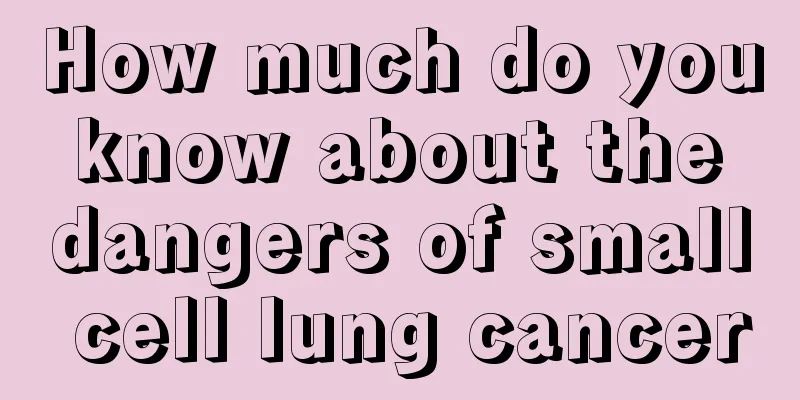Why do you need to fast when measuring blood lipids?

|
In our daily lives, we are required to fast for many tests, especially for blood lipid tests. Doctors will emphasize this in particular. This is because the test found that the test results after eating will deviate from the actual results, which will affect the doctor's judgment and is not conducive to personal health. Therefore, people must pay attention to fasting before measuring blood lipids. 1. Blood lipid test requires fasting Whether fasting is necessary before blood lipid testing has been a hot topic in recent years. Currently, the testing standards of many countries stipulate that fasting for 8 to 16 hours is required before blood lipid testing, but a major consensus published in the European Heart Journal in 2016 broke this common sense. The consensus was released by the European Atherosclerosis Society and the European Federation of Clinical Chemistry and Laboratory Medicine, and listed several major studies in recent years on the impact of fasting time on blood lipids. It was found that eating will have a certain impact on both children and adult men and women. Except for some impact on triglycerides, fasting time does not significantly affect other blood lipid levels. Before the consensus was released, Denmark had already begun to routinely use non-fasting blood lipids as a monitoring method. When the patient's non-fasting triglycerides were >4.0 mmol/L, fasting triglycerides could be rechecked. Therefore, in order to increase patients' compliance with lipid monitoring, the consensus is that non-fasting lipids can be routinely monitored.
2. Why do you need to be on an empty stomach when having blood drawn? Fasting generally means not eating for 8-14 hours before the examination. If you have a physical examination at 8 am, it is best not to eat after 10 pm the night before. No matter how late, it should not be later than midnight. During a blood test, blood sugar, blood lipids, liver function and other items are often checked. Drawing blood while fasting can prevent food components from interfering with test results and more truly reflect the body's biochemical changes. If you eat before having your blood drawn, some indicators will fluctuate. For example, blood sugar and blood lipids will inevitably increase. The test results cannot be compared with the reference values measured on a fasting basis, so accurate clinical judgments cannot be made. |
<<: Can omeprazole treat gastritis?
>>: What should I pay attention to when I feel dizzy, panic, chest tightness and fatigue
Recommend
Will cervical cancer recur 10 years after radiotherapy and chemotherapy?
Cervical cancer is a relatively common gynecologi...
The examination of fibroids varies according to their type
In life, how do we judge diseases like fibroids? ...
Blisters and eczema on baby's feet
Sometimes babies' feet may be infected by vir...
What should I do if my left shoulder clavicle is dislocated?
The impact of heavy objects or sudden falls, incl...
How should glioma be diagnosed
Gliomas, also known as neurogliomas, are a type o...
The harm of isopropyl alcohol to human body
We may not be familiar with isopropyl alcohol, bu...
Where should I apply moxibustion for cold and sore throat
Moxibustion is currently a popular form of massag...
Causes of prostate cancer in men
Prostate cancer is one of the diseases unique to ...
Cost of liver cancer immunotherapy
Cost of immunotherapy for liver cancer 1. After s...
How much do you know about Zika virus?
Many people do not know about the Zika virus, whi...
Is there alum in fried dough sticks?
Nowadays, if people don’t want to make breakfast ...
What is the biggest difference between exotoxin and endotoxin
The biggest difference between exotoxins and endo...
Taboos for preventing uterine cancer
For our female friends, the uterus is a very impo...
Is it useful to put onions in a newly renovated house?
Decoration is a very important matter in modern l...
The difference between sodium chloride and glucose
Sodium chloride and glucose are two completely di...









